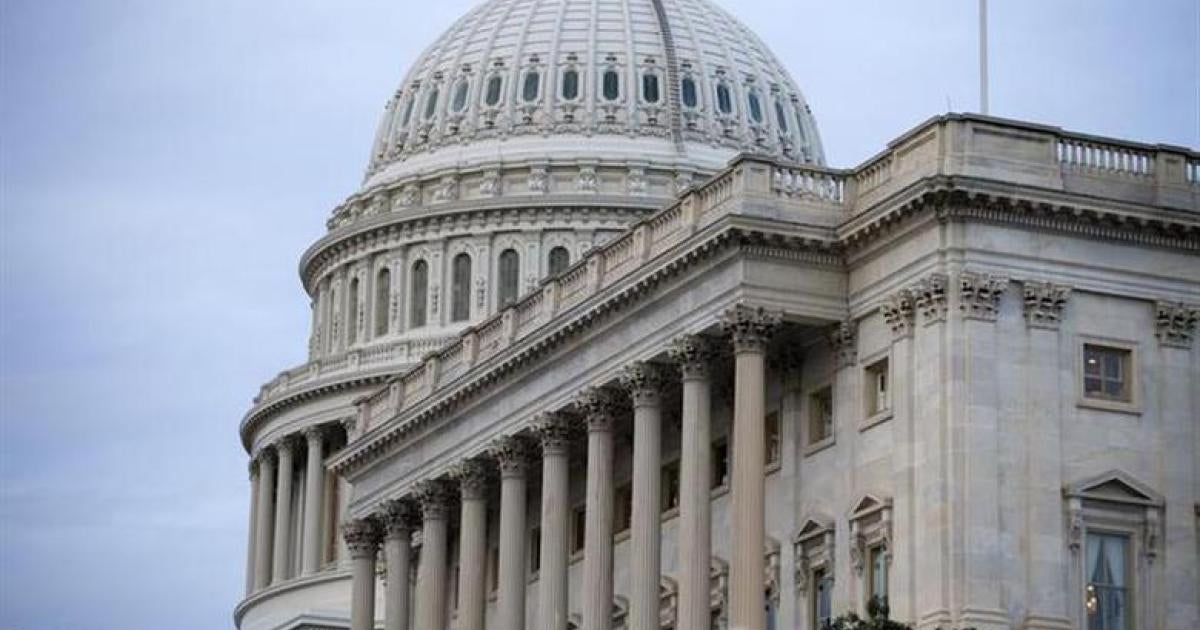US Budget Favors Wealthy, Hurts Rights: HRW
The budget reconciliation bill passed by the United States Senate today would extend tax cuts that disproportionately benefit the country’s wealthiest families while reducing spending on health and other public programs essential for human rights, Human Rights Watch said today. If signed into law, it would strip millions of people of health insurance coverage and harm rights in numerous other ways.
“It’s appalling that President Trump ran on a campaign to fix the economy but is delivering a budget that makes ordinary people pay with their health for tax breaks for millionaires,” said Matt McConnell, economic justice and rights researcher at Human Rights Watch. “The United States deserves a health care system that fulfills everyone’s human right to health, and a budget that makes this possible.”
The nearly 1,000-page bill, officially labeled the One Big Beautiful Bill Act, aims to reshape how the US government raises and spends money. It would extend and deepen expensive tax cuts that the Congressional Budget Office, a nonpartisan government research agency, found overwhelmingly benefit the wealthy, and radically reduce federal support for public services and programs, including those essential for the right to health.
The US should align its tax and budget policies with human rights. That means prioritizing the protection and fulfilment of all rights, including the right to health, and designing tax systems that are compatible with those imperatives. This bill would do the opposite, Human Rights Watch said.
The Budget Office officials estimated that the version of the bill that passed the House of Representatives would reduce the financial resources available to the lowest-earning 10 percent of households by $1,600 per year, effectively cutting their incomes by an average of about 4 percent. The Budget Office also found that changes to federal tax provisions included in the bill, especially the extension of provisions of the 2017 Tax Cuts and Jobs Act, a law enacted through budget reconciliation during the previous Trump administration, would increase financial resources for the richest 10 percent of households by about $12,000 per year, increasing their incomes by an average of about 2.3 percent.
This dramatically increased financial burden on the poorest households in the US is largely the result of nontax measures also included in the budget, including deep spending cuts to health care, food assistance, and other critical public programs. These cuts would make health care less available, more expensive, and of poorer quality for millions of people.
Medicaid, the public program that provides health insurance to more than 71 million low-income people, would bear the brunt of this austerity. Coverage under other public and publicly organized health insurance, including the Children’s Health Insurance Program, would also be significantly restricted, especially for immigrants. Through radically reduced federal funding and myriad changes to laws and policies, including expanding costly and unwarranted work requirements, the bill would radically reduce the number of people with health insurance coverage in the US.
A Budget Office report found that the version of the bill that was passed by the Senate today contains provisions that would cause an estimated 11.8 million people to lose health insurance coverage and become uninsured by 2034. This would increase the number of uninsured people in the US by nearly 50 percent, exposing millions to high drug and hospital costs, forcing many to forgo or ration health care.
The changes to Medicaid may also radically reduce the funding that many health care providers receive, particularly rural and so-called “safety net” hospitals that provide care to largely low-income communities, threatening to worsen the availability of health care in many places. Low-income and Black and Hispanic households would be disproportionately harmed.
The bill also contains other measures that would have profound negative impacts on health. It would radically restrict federal funding for services essential for the right to health of women, young people, and lesbian, gay, bisexual, and transgender communities, including by blocking Medicaid payments to Planned Parenthood, a major provider of sexual and reproductive health care and gender-affirming care, and ending federal financial support for gender-affirming care for many adults and youth. It would also eliminate funding for programs aimed at reducing air pollution, a major driver of poor health outcomes that contributes to deepening racial health inequalities.
The proposed bill would also squeeze savings from the Supplemental Nutrition Assistance Program, the nation’s largest anti-hunger program, potentially causing more than 3 million people to lose food assistance, according to Budget Office estimates.
Taken together, these cuts and changes would threaten the health of millions of people in the US, and the lives of many. In June, researchers from Yale University and the University of Pennsylvania estimated that these changes could cause an additional 51,000 deaths each year.
The budget bill also contains other provisions harmful to rights. It seeks to use tens of billions of dollars in public money – and perhaps much more – to expand immigration detention, including for families. Violations already reported during immigration enforcement would only get worse, including through arbitrary detention, denial of due process, and inhumane detention conditions.
The Senate must now confer with the US House of Representatives to reconcile differences between the two versions of act passed through the two chambers. House members should take advantage of that second opportunity to reject the bill, Human Rights Watch said.
“This bill with its draconian cuts and massive transfer of wealth from public goods to private pockets is not a solution to economic inequality or for managing immigration and asylum procedures,” McConnell said. “It is a blueprint for cruelty.”
Click to expand Image
© Human Rights Watch
https://www.hrw.org/news/2025/07/01/us-budget-would-benefit-wealthiest-at-expense-of-rights
View Original | AusPol.co Disclaimer
